5. Funny Games (IMDB Rating: 6.5/10)
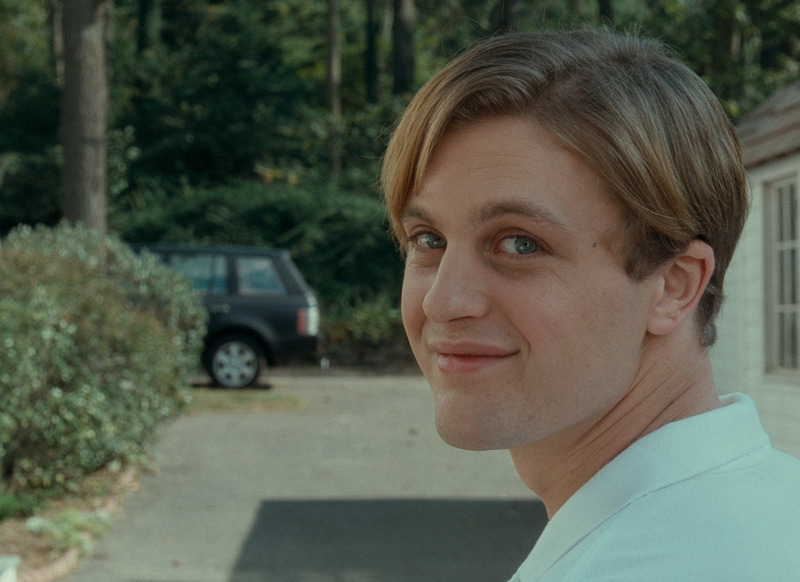
As far as modern art house cinema goes, there isn’t a director alive with the level of brilliance and versatility as Michael Haneke. A filmmaker gifted to the extent that rules governing festivals and award ceremonies are revamped. A filmmaker who, like Kubrick, is a master in almost every genre he immerses himself in, from romance, thriller to even war. One genre that he couldn’t quite grasp however, at least in the eyes of the greatest critic that is the masses, is horror, more specifically – the home invasion film.
Funny Games is the only movie in this list as well as his filmography to net both an unfavourable rating in IMDB and a rotten Tomatometer score in Rotten Tomatoes. But why? Simply put, it’s an almost shot-for-shot remake of Haneke’s earlier film also titled Funny Games, and critics don’t take the idea of a remake so favourably, especially ones that technically do not add anything to ideas already established in the original. They’re also noticeably lazy. These points do come across as valid pieces of criticism, however, one has to consider the minds behind the film, would the director of The Piano Teacher as well as Cache really do something lazy?
Firstly, does the film really not add anything to the original? If anything, it made the original obsolete. The remake boasts better and more apt visuals, opting for a colder look as opposed to the misplaced warmer tone the original has. Additionally, and more importantly, the Americanised remake boasts a better cast of actors.
Though the original film’s cast doesn’t strictly speaking pull subpar performances, the remake’s cast, consisting of notable names like Naomi Watts and Tim Roth as well as Michael Pitt and Brady Corbet, add a much needed layer of depth to the performances, a layer so thin that it would otherwise go unnoticed unless one were to put the two films side-by-side and view it with absolute scrutiny. In other words, even if just by a miniscule amount, it outdid what Haneke did a decade prior.
If one were to remove the original from existence, does the film’s criticisms actually still hold? It’s undeniably Haneke’s most accessible and most entertaining piece of work, and it does offer thought-provoking statements on television as well as who we are as consumers of entertainment. Haneke, being a filmmaker with complete understanding of us audiences, knows precisely how to manipulate our subconscious with his work, and this approach is ever-present in Funny Games, a film riddled with brilliant self-reflexivity.
The film’s reception just comes across as an absolutely unjust treatment of a remake that isn’t frankly a bastardisation or a carbon copy but rather, an actual improvement on the original.
4. Primer (IMDB Rating: 6.9/10)
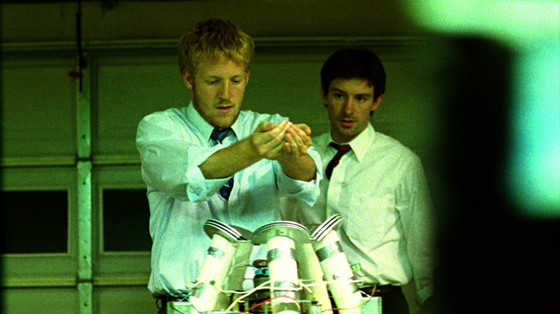
Primer is, without a question, one of the most confusing films in existence. Regardless of your level of intellect, your first viewing of Shane Carruth’s 2004 indie hit would undoubtedly be one with much confusion and disorientation following. It’s not exactly even close to what we would call accessible. Even repeat viewings of the film as well as numerous analysis videos would do little to penetrate the sheer dense wall that is Carruth’s convoluted script.
That’s precisely what makes Primer so brilliant. The whole concept of time travel, or the genre of sci-fi for that matter, is one that requires much research and actual science to be taken into consideration. Sure, the paramount objective of any filmmaker should always be storytelling, but when it comes to a genre so deeply rooted in thought, offering characters and incidents that would go otherwise over the heads of any ordinary individual, extra care and concern would be needed to ensure legitimacy and accuracy, because no one would enjoy a film insulting their intelligence with blatantly delivered nonsense.
Dealing with the subject of time travel, Primer offers a meticulous attention to detail, leaving zero room for error as well as any form of loopholes that would otherwise defy the logic, a factor plaguing most films of the genre.
Additionally, if one were to sit through the multiple viewings required to fully comprehend this absolute behemoth of a film, incoherence is something that the film isn’t, but in fact, the film’s apparent disjointedness stems from our own limited understanding of the film, and if we were to take the time and mental strength to understand Primer for what it is, it isn’t frankly mumbo jumbo putting on a thick façade of pseudo-science, but an actual work of genius even comparable to 2001: A Space Odyssey.
In fact, the method of time travel developed in the film, if properly studied, could quite frankly pass off as legitimate in the eyes of experts. If Kubrick’s classic was able to net an IMDB score over 8, Carruth’s modest cult classic shouldn’t deserve a score of 6.9.
3. Tree of Life (IMDB Rating: 6.8/10)
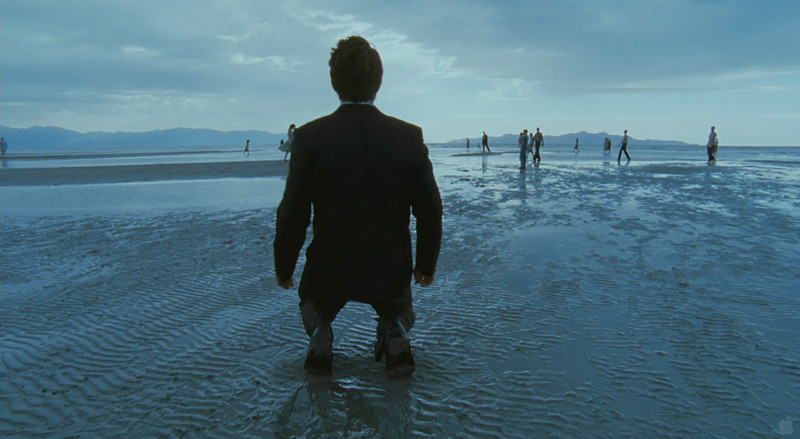
Though the reception for his later works have proven divisive, and deservingly so, with unnecessarily fragmented narratives and a lack of a palpable vision, Terrence Malick’s Tree of Life is one that truly deserved all the acclaim it got, from the 3 Oscar nods to the Palme D’or, and none of the contempt.
The film explores the lives of a regular American family in 1950s Texas, dissecting and challenging the facets of a family’s structure. This heartfelt and personal story is intercut with surreal, dreamlike sequences – Clear-cut metaphors not only symbolising the events that transpire, but grandiose concepts like the beginning of time.
What sets this film apart from Malick’s other works, especially his later ones, is the strong vision that prevails throughout the film. Despite straying away to examine extravagant, expansive notions, never once did the focus drift. Everything feels purposeful making for an experience that not only attained magnificence, but coherence.
The film’s visuals is perhaps the best in Malick’s filmography and truly adds a lot to the experience. Emmanuel Lubezki, perhaps the greatest cinematographer to have ever lived, winning 3 Oscars in a row for his efforts in Gravity, Birdman and The Revenant respectively, performs to his absolute greatest ability in the film and justifiably so, considering his immaculate stature. His wide range is exemplified with both subtly haunting shots with sufficient coverage and visual feasts that are beyond ambitious yet executed to the utmost precision.
The Tree of Life is considered by many critics to be one of the masterpieces of our generation, appearing on multiple “Best of the Year” lists. It has vision, visuals as well as status going for it, making its rating of 6.8 questionable to say the least.
2. Enemy (IMDB Rating: 6.9/10)
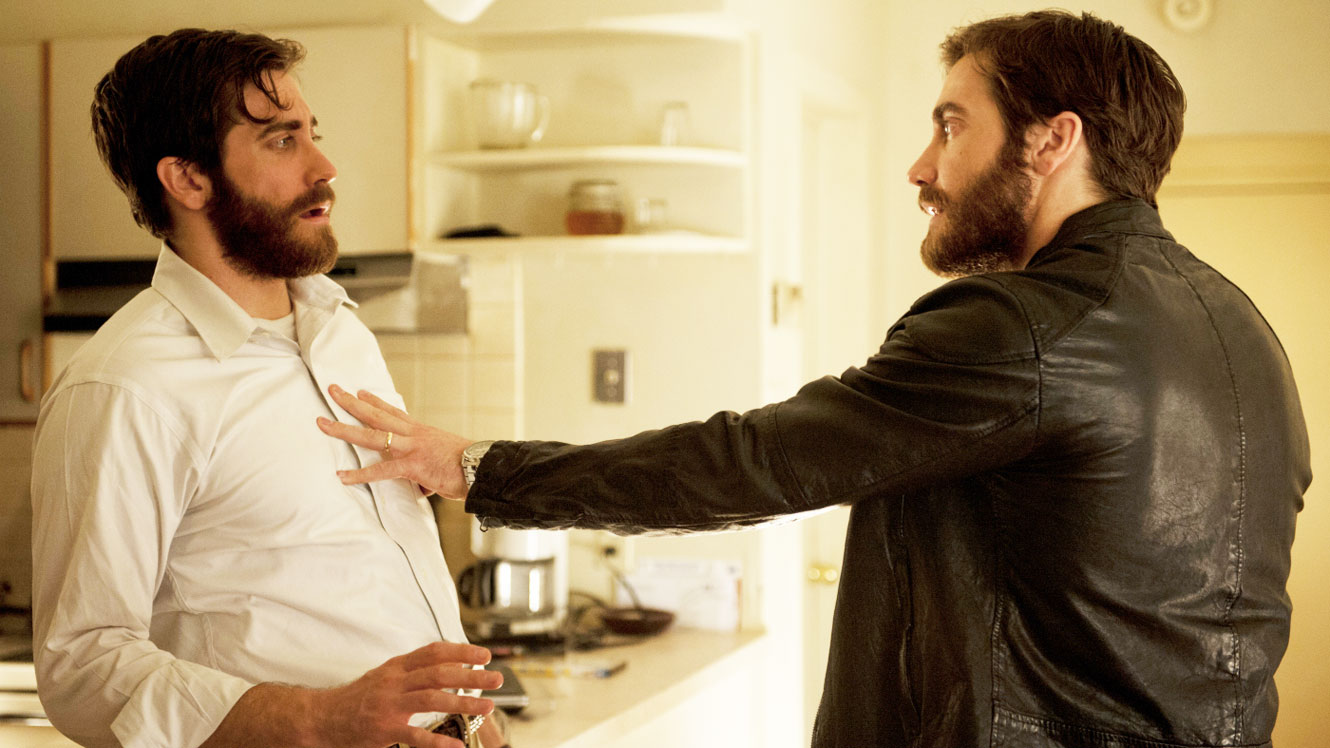
Denis Villeneuve over the span of half a decade has quickly risen up to be one of the biggest directors in the industry so far. Going from making low-budget foreign films to getting entrusted with monumental, career-defining projects like Blade Runner 2049 and Dune.
With such a brilliant track record, one would naturally think that his earlier works would be the ones on the list, but unfortunately, though underrated, Maelstrom and Polytechnique all have ratings above 7.0. Enemy, however, the film immediately succeeding Prisoners – the very film that placed him on many a cinephile’s radar, was the film that netted him that devilish “6.x”.
It comes across as an even bigger surprise if you consider the fact that Enemy is also his lowest ranked film on Rotten Tomatoes, despite being arguably his greatest work. Perhaps the reason being the film’s abstract nature. Much like Under the Skin, the film features extremely surrealistic imagery as well as implied dream sequences and sudden moments of the uncanny. Above all else, this minor venture into the avant-garde is extremely disconnected from the rest of his filmography.
The film sounds simple enough, it chronicles a man on a journey to find an actor that looks exactly the same as he does, his doppelganger, essentially. Without going into much detail, the film is anything but simple. Unlike Under the Skin, from a narrative standpoint, the little moments of surrealism seem unwarranted and otherwise unfitting in the context of the film. But if you were to take a step back and accept the film on a thematic standpoint, which it absolutely excels in, exploring masterfully themes of love, self-hatred, duality, fear, it makes absolutely perfect sense in the most poetic right.
Unlike Under the Skin, Enemy is not subjectively good, it is objectively good. The narrative when taken in at face value, still manages to unfold a riveting, almost dreamlike thriller. But if one were to look at the film more analytically, there are so much layers to it, so much to dissect, so much to study. Perhaps polarising acclaim is the price big directors have to pay when they decide to suddenly delve into arthouse cinema.
1. The Blair Witch Project (IMDB Rating: 6.4/10)
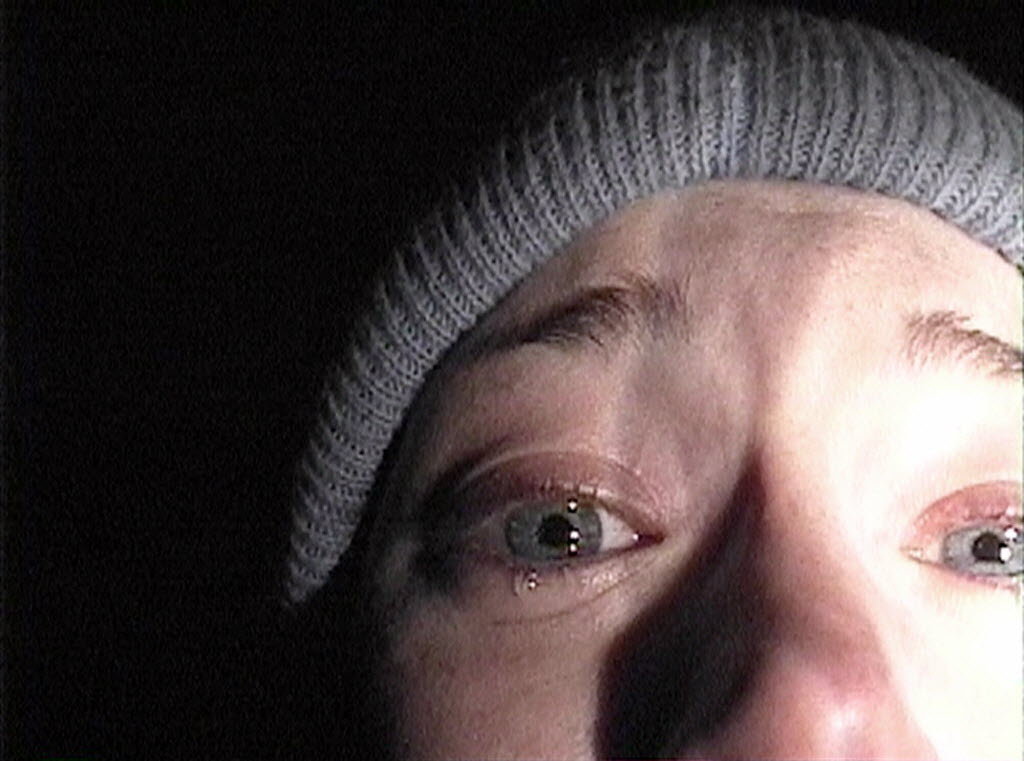
As previously mentioned in the list in the entry for Drag Me To Hell, horror is a genre extremely difficult for filmmakers to surpass mediocrity, or even reaching it for that matter. The term “innovative” when exploring the genre of horror is to be taken with multiple grains of salt. The Blair Witch Project is perhaps the only modern horror film worthy of that term.
The film chronicles a group of college film students on a journey to shoot a documentary on the titular Blair Witch, an urban legend. What strikes this film as particularly unique is its revolutionary use of found-footage horror, embracing amateurism to deliver a product that feels extremely real and visceral amidst a relatively modest budget. Though the genre spawned numerous copycats in its wake, to the point where the very idea of it is dismissed in today’s society as, once again, a cheap gimmick, there’s an undeniable respect to be had for the film that spawned it all. For the film that reshaped not only modern horror, but independent filmmaking as a whole.
Aside from its cultural significance, The Blair Witch Project more than stands on its own two feet as a film. The cinema-verite inspired style when complemented with the film’s mostly improvisational dialogue adds to the overall experience of terror.
By eliminating any form of professional Hollywood-esque influence, the end result is something similar to what an individual would stumble upon in an SD card in a broken camera lying in the middle of the woods. Not to mention the absolutely brilliant flow the film has to offer, with increasingly surreal and disturbing events plaguing the individuals we grew alongside, before culminating into an intense and unforgiving climax.
The film’s qualities are made so much more heighten if you were to consider the fact that The Blair Witch Project consists of mostly improv, which means that the amount of trust and understanding of the film’s characters on both the filmmaker’s and the actor’s part is has to be beyond comprehension as well as in sync with each other and this was nearly a decade before the Mumblecore era.
There’s just so much to be appreciated about this milestone in filmmaking and giving it a 6.4 on IMDB after more than 200,000 votes is certainly no way to honour its legacy.
Author Bio: Zach Wee is a film student from Singapore. Apart from being an aspiring filmmakerr, Zach has a strong passion for cinema and manages the website of his school’s film club, where he edits and also submits weekly film reviews.